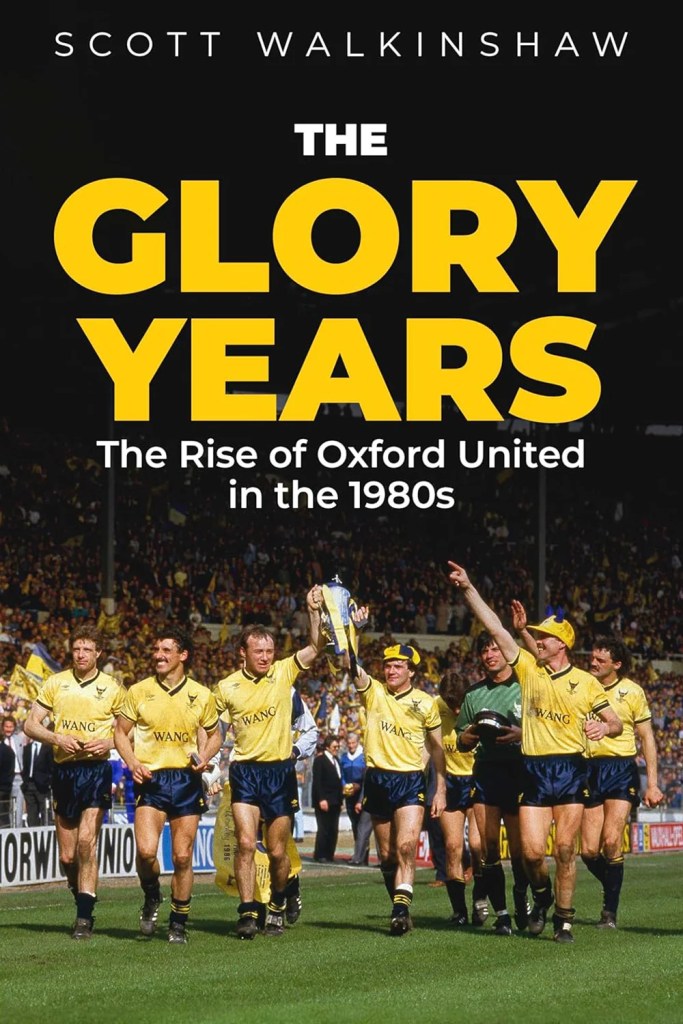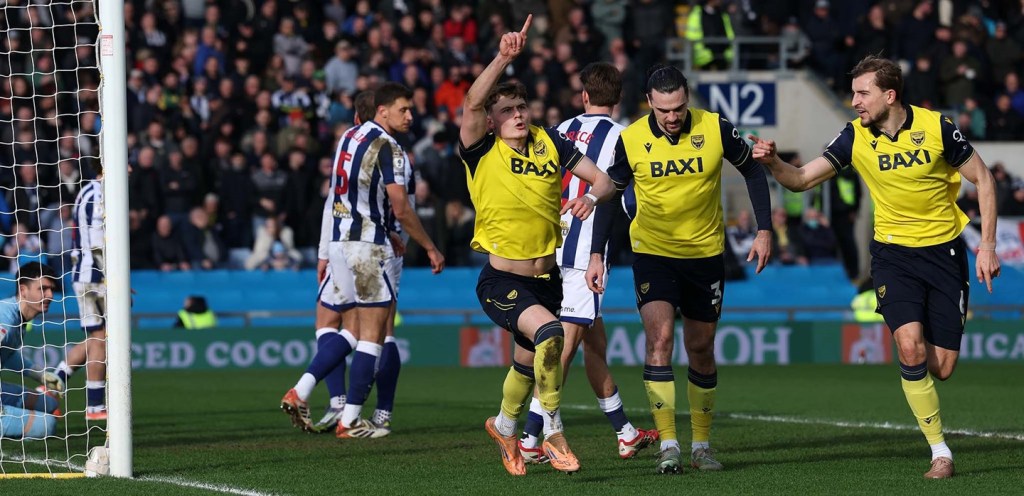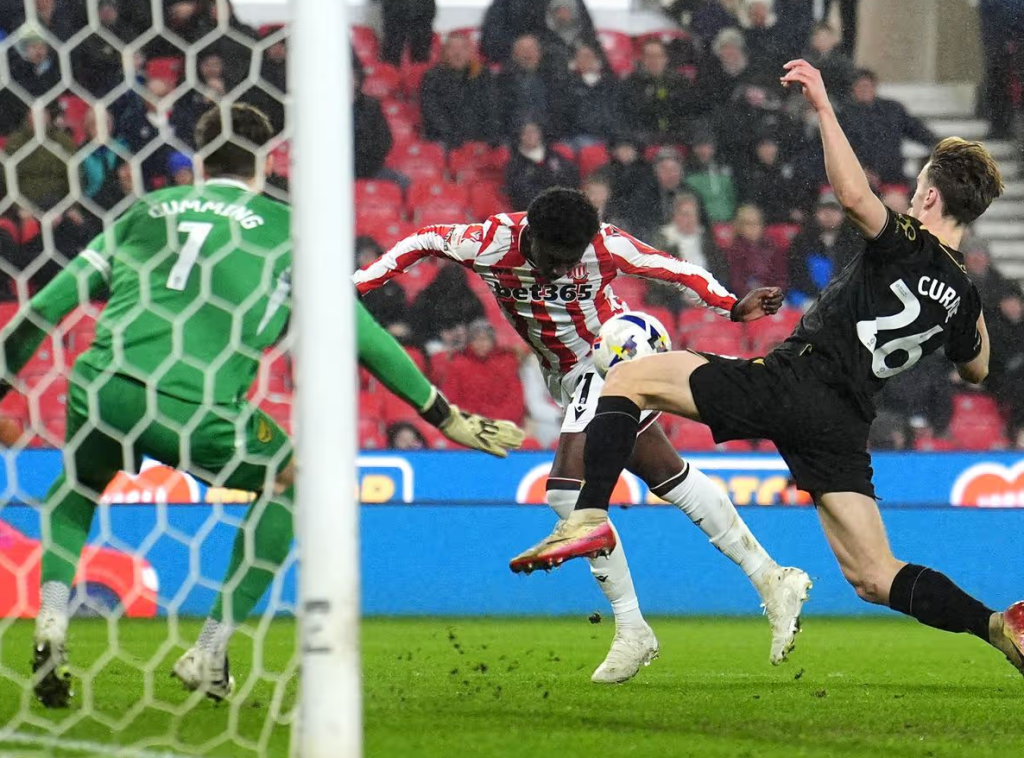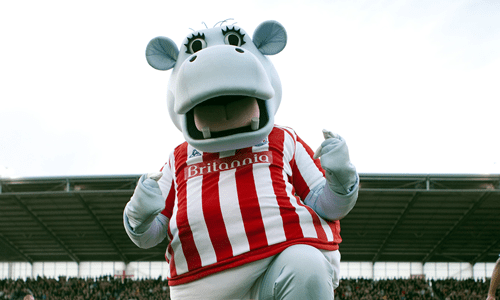Latest
The Latest
-
Match wrap | Middlesbrough 0 Oxford United 0
There are few things better than a phone-in caller who tries to add credibility to their opinion by claiming to… READ MORE
-
Unwrapped | Middlesbrough v Oxford United
The week unwrapped Pass me another Lemsip, because I’ve caught FA Cup fever this week. It all started on Sunday… READ MORE
-
Match wrap | Oxford United 0 Sunderland 1
When you’re having the season we’re having, it’s easy to get paranoid. For example, it’s been months since we’ve had… READ MORE
-
Match wrap | Oxford United 0 Norwich City 3
The ball arcs into the illuminated skies. Its launch is long, unfettered and direct. This is the established science now;… READ MORE
-
Unwrapped | Oxford United v Norwich City
The week unwrapped Damn you Oxford United, just as we thought the season was cooked, we go to the League… READ MORE

Recent posts
Oxblogger podcast
Subscribe to the Oxblogger Podcast on:


